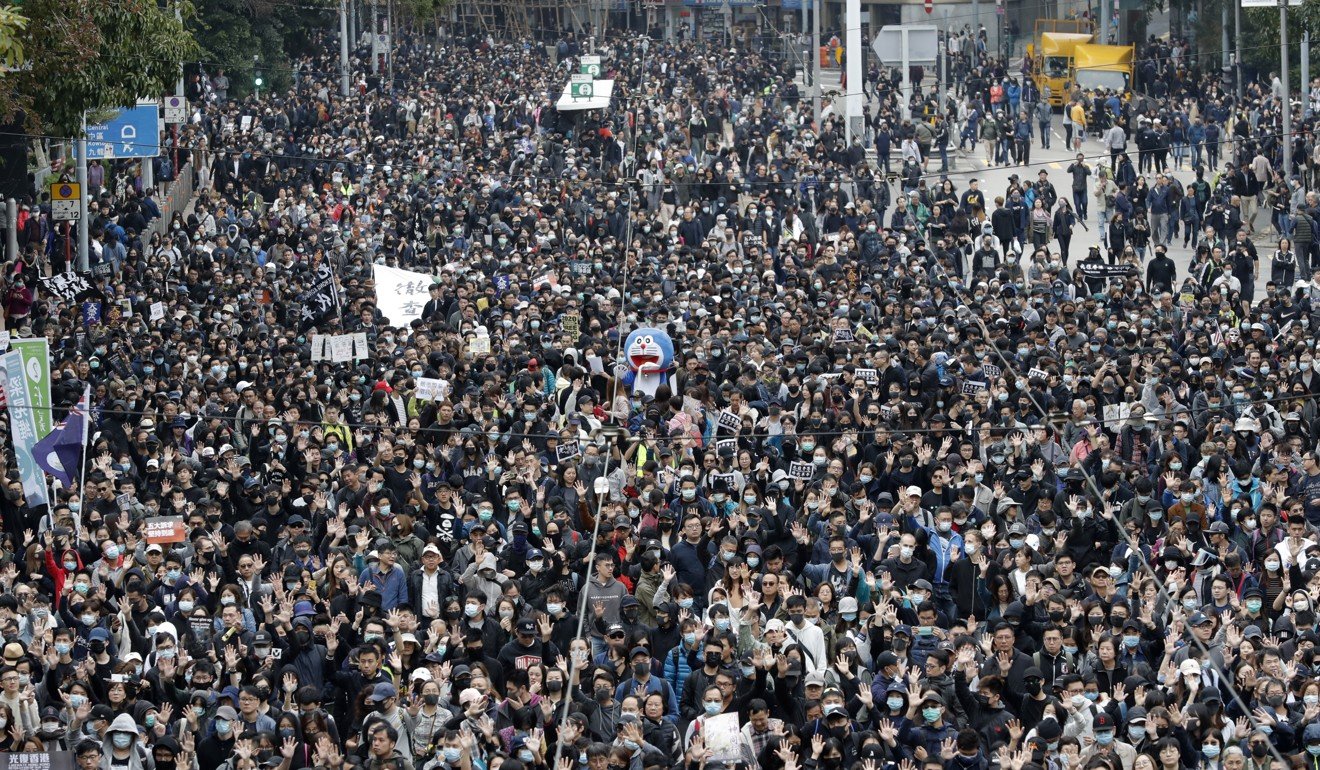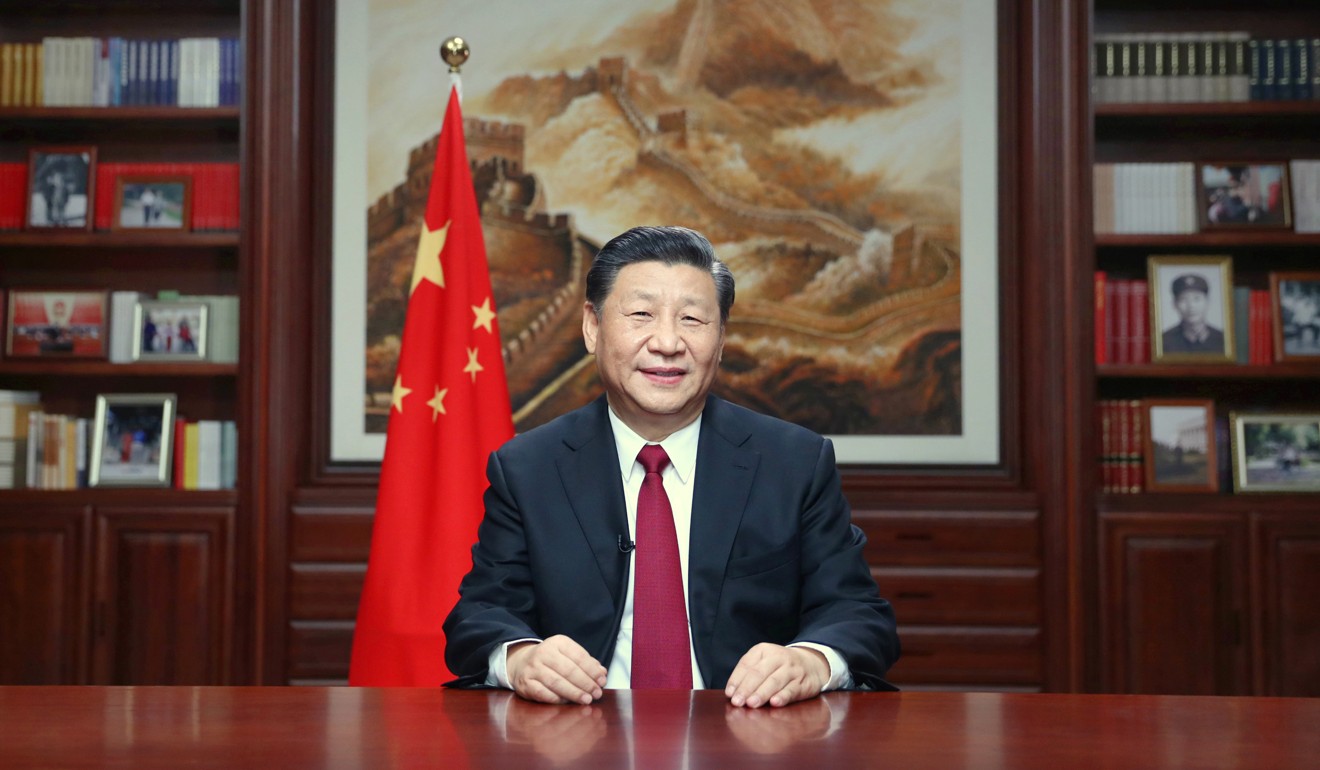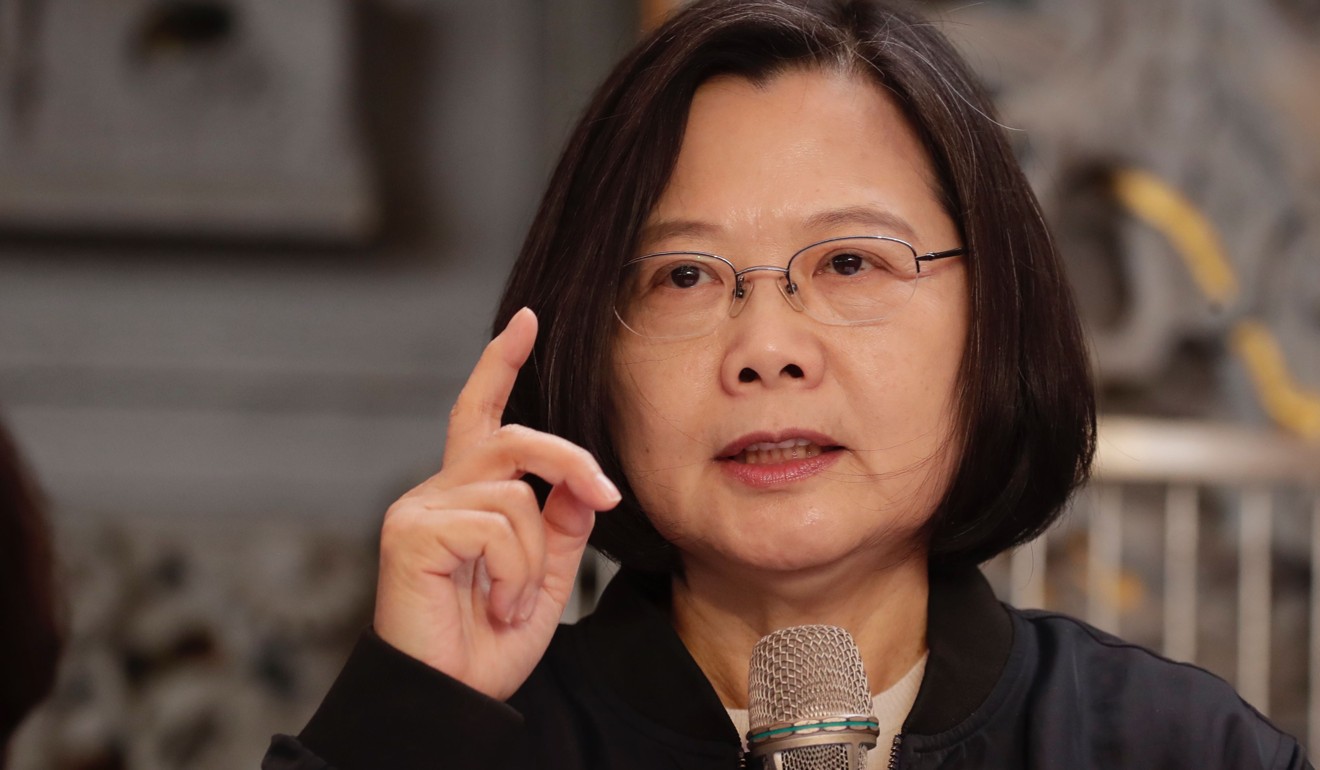
Hong Kong is defiant, the Chinese economy is slowing. But Xi’s long game is for certain
- The most certain thing in 2020 is uncertainty, but one thing is for sure: China’s political stability will endure with Xi to remain in power for life
- China and the US are likely to compromise on issues like trade and investment but clash on technology and geopolitics
Making predictions about China’s future trajectory would therefore be foolhardy as the only certainty for 2020 and beyond is that uncertainty is set to intensify.

With political and economic uncertainties set to roil markets worldwide, there are still a few notable certainties which have far-reaching implications for China and the rest of the world.
The first sign emerged in March 2018 when the National People’s Congress approved the removal of the two-term limit on the presidency, which was introduced in the 1990s. The move was largely symbolic as Xi’s two other more powerful titles, party chief and chairman of the Central Military Commission, have no term limits. But the removal has sent a powerful signal about Xi’s future intentions and triggered a strong backlash from the international community.

In the latest demonstration of his stature, Xi presided over a criticism and self-criticism session of the party’s Politburo of 25 members late last month. During the two-day meeting, each of the other 24 members of the party’s inner sanctum had to engage in criticism and self-criticism speeches to pledge their loyalty to Xi and promise to uphold Xi’s position as the core of the party leadership and the whole party, the official Xinhua news agency reported.
Beijing braces for a 2020 of managing risks as Xi’s warnings play out
While the international community has valid concerns about the implications of Xi’s intention to rule for life, his supporters have argued that a strong leader is needed to steer the country forward and the ensuing political stability would provide a stable environment for China’s economic development at this critical juncture of profound changes in the world.
To rally support, Xi has set clear benchmarks in the next two decades, including the eradication of absolute poverty by the end of this year and building China into a “basically modern socialist country” by 2035.

Taiwan President Tsai Ing-wen says talks with Beijing could resume
The shape of bilateral relations this year and beyond could be gleaned from how the unrest in Hong Kong and the political situation in Taiwan play out following the presidential election next week.

Meanwhile in Taiwan, a win by Tsai next Saturday would definitely further embolden the pro-independence movement on the island, which would in turn invite more vitriol from the Chinese state media. But Beijing would most likely confine its actions to rhetoric, with occasional displays of naval power across the Taiwan Strait. Washington would respond to this but the sparring would be limited to a war of words.
Following the signing of the Phase One agreement later this month and the subsequent discussions to pursue a comprehensive trade deal, the pattern of both countries seeking to compromise on certain issues such as trade and investment but engaging in more intense confrontation over other issues including technology and geopolitical influences, will become further entrenched this year and beyond.
Given China’s perceived long-term political stability, it is prepared to play the long game. ■ ■
Wang Xiangwei is the former editor-in-chief of the South China Morning Post. He is now based in Beijing as editorial adviser to the paper

